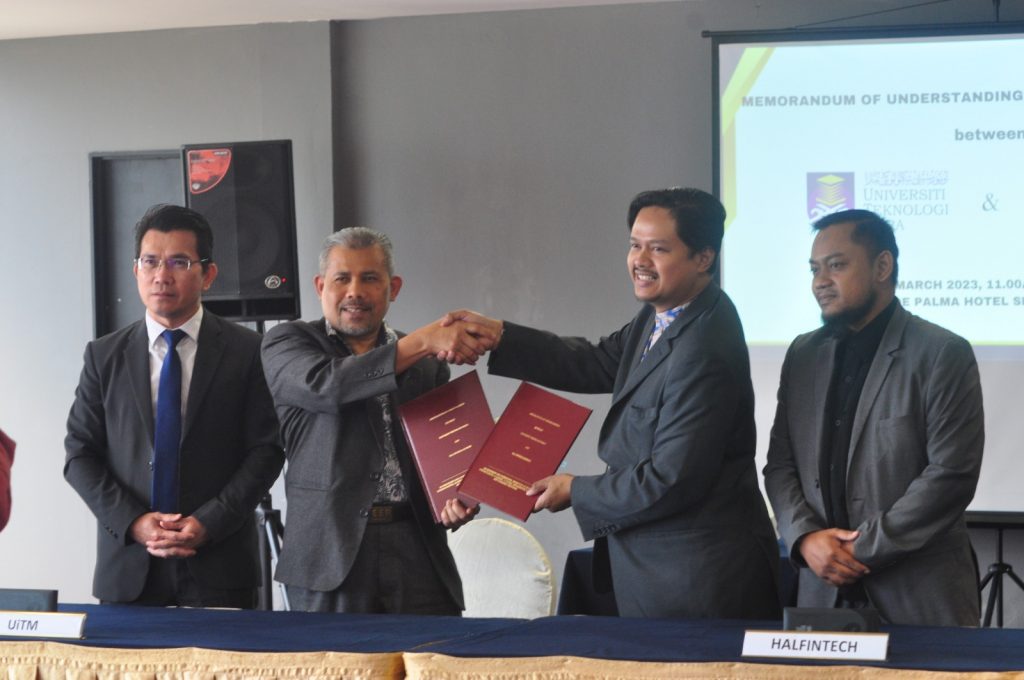By Nuradzimmah Daim -New Straits Times
 KUALA LUMPUR: There should be a clear demarcation of power in the proposed Halal Act that identifies the scope and parameters of the Islamic Development Department (Jakim).
KUALA LUMPUR: There should be a clear demarcation of power in the proposed Halal Act that identifies the scope and parameters of the Islamic Development Department (Jakim).
Prominent lawyer Nizam Bashir said the law had been mooted by the department’s Halal Hub Division since 2009, with the motivating factor of providing the authorities with more bite and clearer authority when dealing with halal-related matters.
He said Jakim, an agency under the Prime Minister’s Department, now functioned without the benefit of an appropriate statutory framework.
He said this was “certainly untenable” when it came to Jakim’s jurisdictions and its impact on the public.
“The proposed Halal Act would be able to address deficiencies in the existing legal framework.
“Apart from clear deficiencies in the existing legislation, another factor that should be considered is whether there are other reasons for introducing a specific act, for instance, collating the diverse legislative instruments and housing them entirely under one act,” he told the New Sunday Times.
He said one of the laws covering halal matters was the Trade Descriptions Act 2011, with Part II of the act prohibiting false trade descriptions and Part III prohibiting misstatements other than false trade descriptions.
He said Section 29 of the Trade Description (Certification and Marking of Halal) Order 2011 stipulates which authorities could issue halal certificates.
Section 8 of the order includes offences against those who certify food and/or supplies of food contrary to the rigours of the order.
“There can be deficiencies in the existing legal framework and they can be addressed in a Halal Act.
“Otherwise, those deficiencies can be relied upon by offenders and sometimes even become a flashpoint, including in determining the demarcation between state and federal agencies, and serving to test the boundaries of what is lawful or unlawful both from a public law standpoint as well as from a constitutional standpoint.”
Nizam said efforts to address those deficiencies were necessary as Malaysia had tremendous reputation and goodwill in terms of its halal certification standards.
It was reported that the proposed Halal Act, among others, aimed to give absolute authority to Jakim to monitor and enforce the law and make it compulsory for companies, individuals, factories and abattoirs to obtain and use the halal logo, which is currently done voluntarily.
Halal laws regulate an industry that is worth an estimated US$2.3 trillion annually, according to a study by Hadi Akbar Dahlan and Norrakiah Abdullah Sani from Universiti Kebangsaan Malaysia’s Faculty of Science and Technology.
The study revealed that halal laws in Malaysia had been around for 40 years, starting with the enacting of the Trade Description Order 1975, Malaysia Standard (MS 1500:2009) and Trade Description Act 2011, which is the current law.
The law was then enhanced under the Trade Description Law 1997 when the halal logo was trademarked and protected by Jakim, the study said.
The Consumer Protection Act 1999 also prevents food producers from using any confusing labelling descriptions in food products and the Malaysian Standard (MS) 1500:2009 later introduced the halal definition.
Halal food means food and drinks and/or ingredients that are permitted under syariah and fulfil several conditions as stated in the standard.
In the case of non-certified meat being sold as halal, Jakim, whose role is to issue halal certificates, has no power to investigate or prosecute culprits. Imported meat goes through the port authorities, Customs Department and Malaysian Quarantine and Inspection Services Department.
Prosecution is conducted by the Domestic Trade and Consumer Affairs Ministry, which does not have its own halal unit.
On Thursday, Malaysia Muslim Consumers Association lead activist Datuk Nadzim Johan urged the government to relook plans to enact the Halal Act following reports that a meat cartel has been smuggling non-certified meat into Malaysia and selling it as halal beef.



